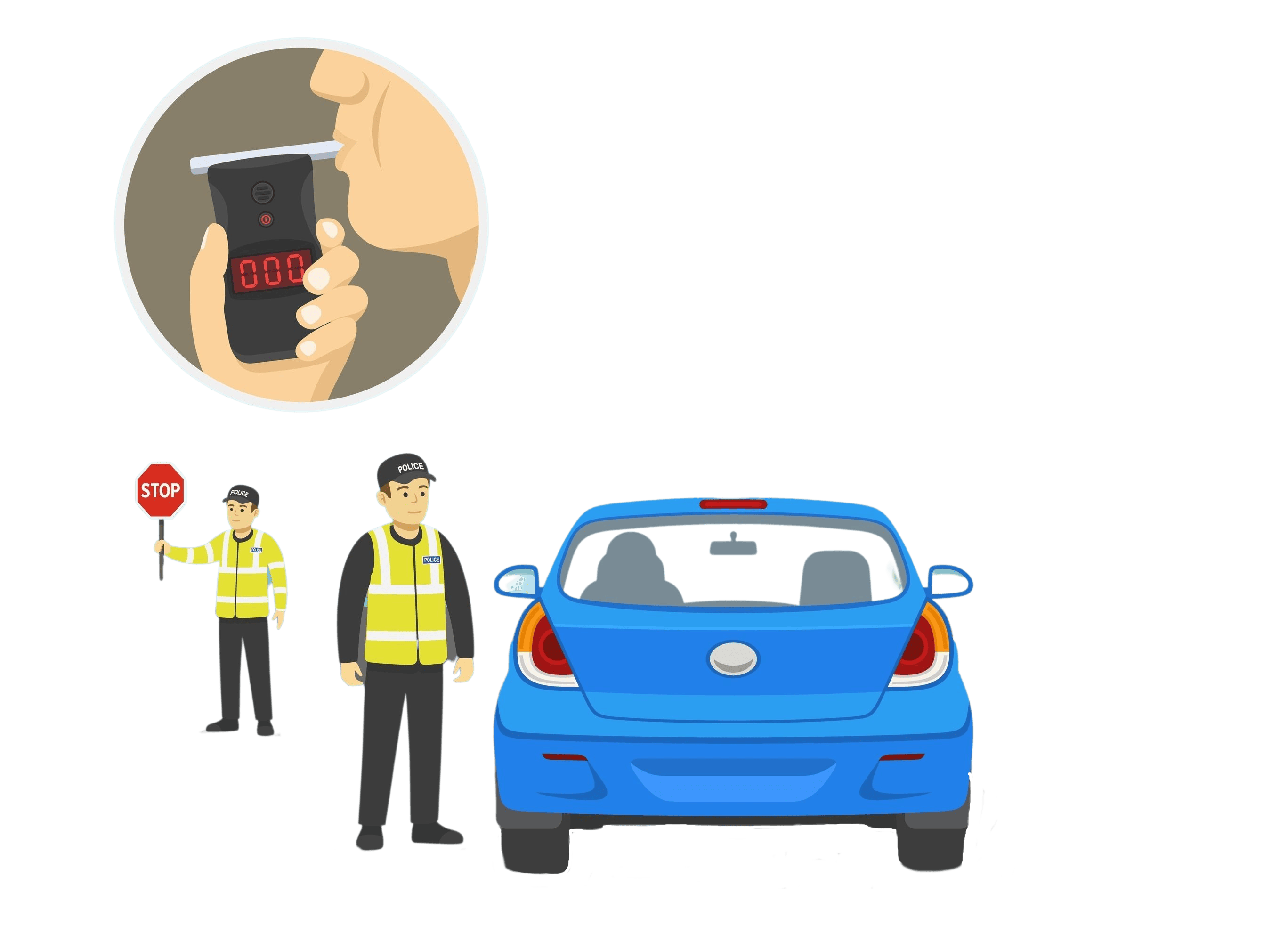Your options
Due to the stringent laws surrounding Drink Driving and the severity of the offence, it is important to understand the options associated with your case. We know how difficult the process is and how much of an emotional burden it can be so we have compiled the following article to shed light on the various outcomes and penalties you may face as a first-time offender. By understanding the key concepts when it comes to your offence you can make informed decisions and feel at ease knowing you have the answer to the multitude of questions you may be asking during this period of your life.
Here at Parnell and Peel, we have been dealing with Drink Driving cases for over a decade and have experienced almost every situation you can face we firmly believe in providing you with not only the most exemplary legal representation but also the support you need in the whirlwind of emotions you'll be facing during this time. As well as all the necessary legal information regarding your situation so you are reassured in the progression of your case.
"I was charged with Drink Driving, and the case looked hopeless, Abdul reassured me, and the CPS offered no Evidence. Abdul is certainly an Expert in Drink Driving and his handling of the case was outstanding"
"I was charged with drink driving and my case looked hopeless. There was witness evidence and forensic evidence. From my first meeting with Abdul he reassured me that we could win the case. Abdul was fantastic and the end result is that I am a happy man as I have kept my driving licence and my job."
"I would like to thank Abdul for his support and professionalism through a difficult phase in our lives.The outcome was the best of what we could have hoped for and would recommend your service to others if needed."
"After an extremely stressful 4 months I am delighted with the outcome . Abdul represented me through-out and was always there to support me when the panic took over and delivered what was discussed at our very first meeting. I cannot thank Abdul enough for all his hard work and helping me keep my driving licence. , I wouldn’t hesitate recommending them to friends and family. Many Thanks."
"I am grateful to Abdul and team. I have avoided conviction for failure to provide despite what seemed to be overwhelming case against me. I am absolutely delighted as my driving licence was everything and I stood on the verge of losing everything. Keep up the good work ."
What is the penalty for drinking and driving?
The legislation in the UK surrounding drink driving is strict, with penalties varying depending on the severity of the offence, and if you're a first-time offender, bear in mind that even though you may have a clear record, depending on the severity of the case, the magistrate's court can grant you prison time. This is why it is extremely important to have an experienced specialist drink-driving solicitor on your side to help guide you through the process due to it being your first-time offence implications will be less than repeated offenders who may be classed of high risk offenders.

Section 5 RTA (Road Traffic Act 1988)
"Despite this being your first offence, there could still be serious penalties Section 5 of the Road Traffic Act 1988 covers offences associated with drink driving: excess alcohol (drive or attempt to drive) and excess alcohol (in charge). Find below an extensive list of drink-driving consequences. "
Drink-driving Outcomes and Penalties
It is important to note that consequences can vary based on the circumstances and nature of the offence, and the court will take into account other factors such as the alcohol limit of the driver and if an accident or injury was caused by the offence. Here are the main penalties used by the magistrate court:
A Driving Ban: Under Section 38 of the Road Traffic Act, a driving ban is compulsory for any person convicted of drink driving. The length of the ban can vary depending on the offence, with the minimum being 12 months for a first-time offence.
Fine: Usually a fine is imposed in addition to a driving ban and can also vary depending on the severity and nature of the offence.
What is the average fine for drunk driving?
The average fine for drunk driving is £300.
Criminal Record: Custodial sentences, although rare for first-time offenders, may well be imposed if the offence is extremely serious. This could include up to six months in prison.
Community order Order: As an alternative to a custodial order, a community sentence may be given, which could include unpaid work or attending a DDRS (Drink Driving Rehabilitation Scheme).
How will your sentence be calculated?
In England and Wales, Your sentence will be calculated according to the drink-driving sentencing guidelines, which are used by the Magistrates to determine the appropriate sentencing for drink-driving. The guidelines take into account varying factors such as previous convictions, the level of alcohol in your system, and any other aggravating circumstances.
There are two categories of factors that can affect your case and determine whether you receive or do not receive a drink-driving conviction and whether you get to keep your licence or not:
Aggravating factors(factors likely to be detrimental)
Mitigating factors (factors likely to be beneficial)
Here is a list of aggravating and mitigating factors below:
Aggravating factors may increase the severity of the sentence.
Examples include:
previous convictions relating to the nature of the offence
if the driver was carrying passengers
evidence of an unacceptable standard of driving
if the driver was involved in an accident.
if there was a high level of traffic or pedestrians in the vicinity.
Mitigating factors may reduce the severity of the sentence.
Examples include:
no previous convictions or relevant or recent convictions
if it was a genuine emergency.
if the driver’s drinks had been spiked.
if the distance driven was very short.
if the driver showed remorse or was of good character
if the driver has a serious medical condition, mental disorder, or learning disability.
if the driver is the sole or primary carer for dependent relatives

